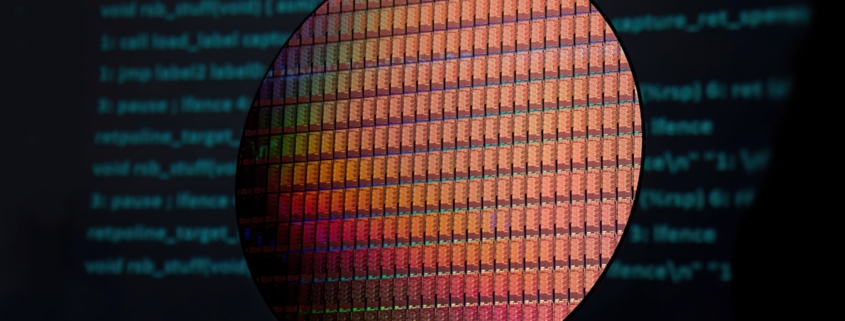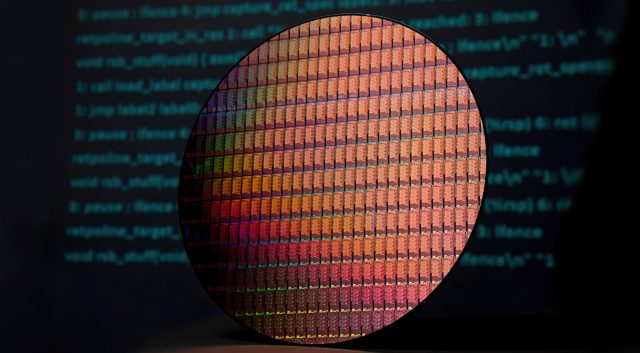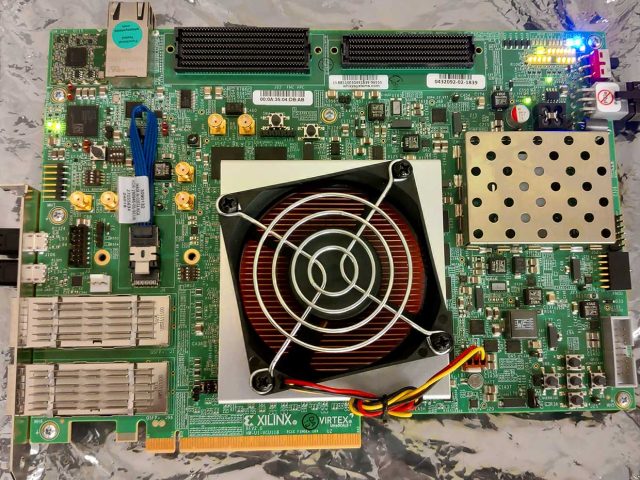DARPA is hosting a Black Hat contest to create cyber-security AI models
Forward-looking: The Black Hat Def Con conference portrays itself as an internationally recognized cybersecurity event showcasing the most “technical and relevant” information security research in the business. For the next two years, the event will host a DARPA-funded contest to put AI algorithms to work on the increasingly pressing software security problem.
DARPA’s Artificial Intelligence Cyber Challenge (AIxCC) is a two-year competition for the “best and brightest” minds in the AI field, the contest’s official site explains. The Pentagon’s research agency wants companies and experts to create novel AI systems; machine learning models designed to secure the critical software code that runs beneath financial systems, public utilities and other digital infrastructures enabling modern life.
Software runs everything these days, DARPA states, which unfortunately provides an “expanding” attack surface for cyber-criminals and other malicious actors. The new AI capabilities developed during the past decade have shown “significant potential” to help address key societal challenges like cybersecurity, the US agency says. AIxCC will reward people and organizations that can actualize this theoretical potential.
DARPA says it will award a cumulative $18.5 million in prizes to the teams with the best AI systems. An additional $7 million will be awarded to small business ventures taking part in the contest. With AIxCC, the US military is seeking the development of ML models capable of identifying, and maybe fixing, dangerous security flaws within critical software projects.

DARPA will work with “leading” AI companies Anthropic, Google, Microsoft, and OpenAI to give AIxCC competitors access to the most advanced technology and expertise. With their help, contestants will likely increase their chances of developing a true “state-of-the-art” cybersecurity system infused with AI algorithms. The Open Source Foundation will contribute as well, as most modern software needing protection is based on open-source code projects.
The AIxCC challenge has already started during this year’s Def Con conference held in Las Vegas. AI teams will compete in a series of preliminary trials during 2024, with the…







